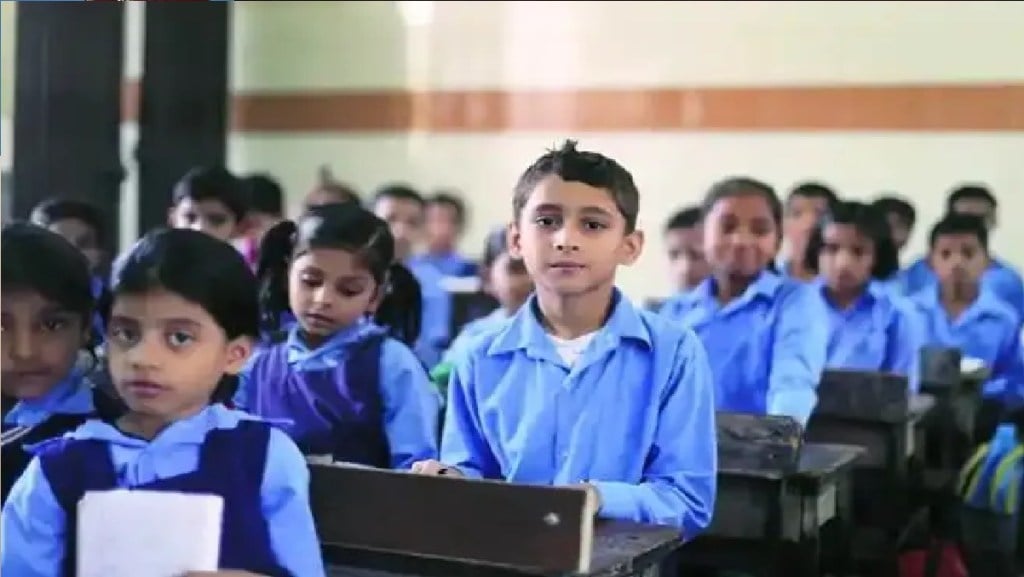Around 1.3 billion children aged between 3-17 years or two third of the world’s school going children do not have Internet connection in their homes, according to a new joint report from UNICEF and the International Telecommunication Union (ITU). Of this 449 million children which is around 88% of the global number are from South Asia alone. In India more specifically, nearly 60% of school children do not have access to online learning opportunities, Azim Premji Foundation, in a separate report, revealed. “The problem is not just lack of digital infrastructure in our country, digital literacy particularly among teachers, is another challenge which makes it difficult to bridge this gap,” Abhishek Dubey, founder, Muskaan Dreams, a Madhya Pradesh based Non Profit Organisation (NGO), said.
Bengaluru based Learning Management System (LMS) platform, Tribyte Technologies claims to have a solution to this issue. “We have a cloud hosted LMS called LearnBox which can be used with very little internet connectivity or even without it. All learning content can be uploaded on this LMS and can be accessed by students remotely,” Seethaprasad Mandikel, CEO, co-founder of Tribyte said. The LMS works with the help of a server connected to the local area network (LAN) or Wi-fi. Mandikel claims this needs no Internet connectivity. However, it would require an Internet connection at the time of installation, while uploading the content, and when a teacher wants to check what a student is learning. Students also require one time Internet connectivity to get authenticated access to the server. According to the company, nearly 20 schools, learning institutes, and universities have used Tribyte’s LMS which include Aakash Institute, Azim Premji University, Vidya Mandir, Brigade School, among others.
Byju’s owned Aakash Institute uses Tribyte’s LMS to run a service called, iTutor. The institute claims to have used it to provide learning services to students in Jammu and Kashmir when Internet services were blocked across the union territory at the time of abolition of Article 370. “We were able to provide offline learning to nearly 4,000 students in Jammu and Kashmir during the abolition of Article 370 and the subsequent internet cut. We stored pre-recorded lectures from teachers on a server PC, and students were able to access these lectures through our study terminals. Basically, it’s an offline system which is connected through intranet not Internet,” Mubeen Ahmad, head, iTutor, Aakash, said.
The cost of setting Tribyte’s system ranges anywhere between Rs 50,000 to one lakh. This includes the cost of the software (LMS) and installation. The human resource required for installation is not provided by the company. However, they provide training to people on how to install the system. “In rural areas, using this module of study can be challenging given the cost of setting up. It may work well for coaching institutes in urban areas who have students from considerably well off financial backgrounds but if our target is to help education reach the poorest of the lot, cost effectiveness has to be dealt with,” Nirmalya Samanta, associate professor, department of English HOD, Ramanujan College, Delhi University, said.
Also Read: CENTA launches global earnings platform MyCENTA Grow for teachers

